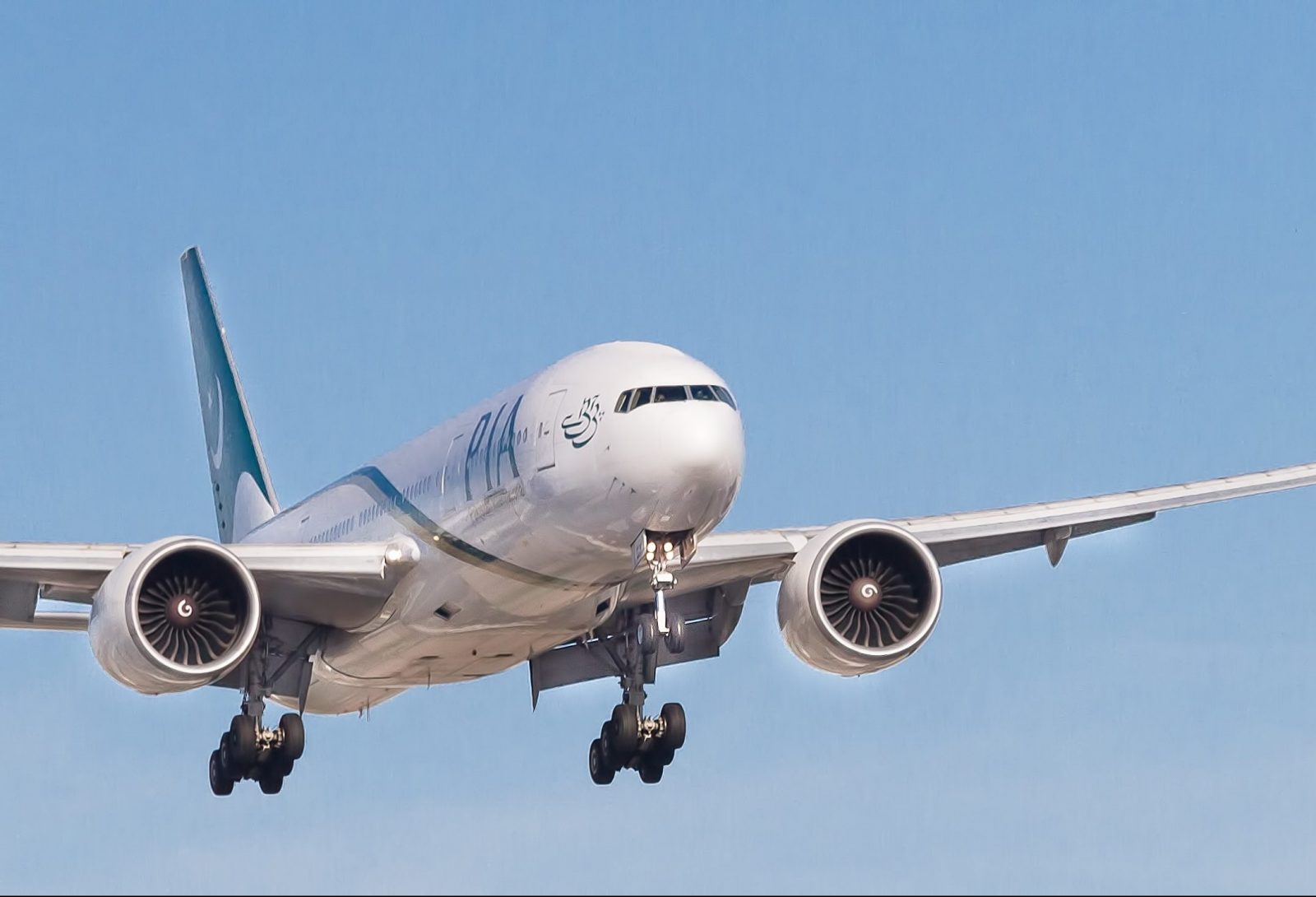
Pakistan International Airlines has banned its pilots and flight attendants from fasting onboard flights during Ramadan over fears that crew might not be able to react properly to an emergency situation putting the lives of everyone onboard at risk. The Muslim holy month is expected to start on Monday and stretches through to May 12.
“While it is perceived that flying while fasting is a possibility, in such a case the element of risk is considerable and margin of safety minimal,” the airline told staffers in a circular on Friday.
“In an emergency with multiple complexities, wrong and delayed actions may result in serious consequences due to impaired judgment and incapacitation,” the memo continued. “After considering all facts objectively, it’s clear that flying an aircraft while fasting is not only risking your own life but that of others too, in the aircraft and on the ground,” the Dawn newspaper explained.
Justifying the decision, PIA told its pilots and cabin crew that it was acceptable to consume food and drink during daylight hours while at work because travellers have long had an exemption from fasting.
In recent years, modern aircraft have made it easier for travellers to continue fasting, however, and many airlines in Muslim majority countries provide special Iftar boxes for passengers once the sunsets. Traditionally, an Iftar box contains staples such as Arabic bread, dates, laban and water.
Pilots at the beleaguered Pakistani national airline have, however, been told not to take the risk of keeping up their fast while flying a plane.
Last May, a PIA operated Airbus A320 crashed into houses near Karachi International Airport with the loss of 97 lives. A preliminary safety report concluded that the pilots had been distracted because they were too busy talking about the COVID-19 pandemic.
The pilots had apparently attempted to land the aircraft without first lowering the landing gear which caused severe damage to both engines. The pilots managed to get the plane airborne again but the plane never made it all the way back to the airport.
The crash, along with other safety concerns, led to the airline being banned from flying to Europe, the UK and the United States. One major concern that prompted the ban was the revelation that some pilots had got jobs with the airline using fake pilot licences.
Last week, Europe’s aviation safety authority extended the ban indefinitely ahead of a major safety audit scheduled for this summer.
Related
Mateusz Maszczynski honed his skills as an international flight attendant at the most prominent airline in the Middle East and has been flying ever since... most recently for a well known European airline. Matt is passionate about the aviation industry and has become an expert in passenger experience and human-centric stories. Always keeping an ear close to the ground, Matt's industry insights, analysis and news coverage is frequently relied upon by some of the biggest names in journalism.







